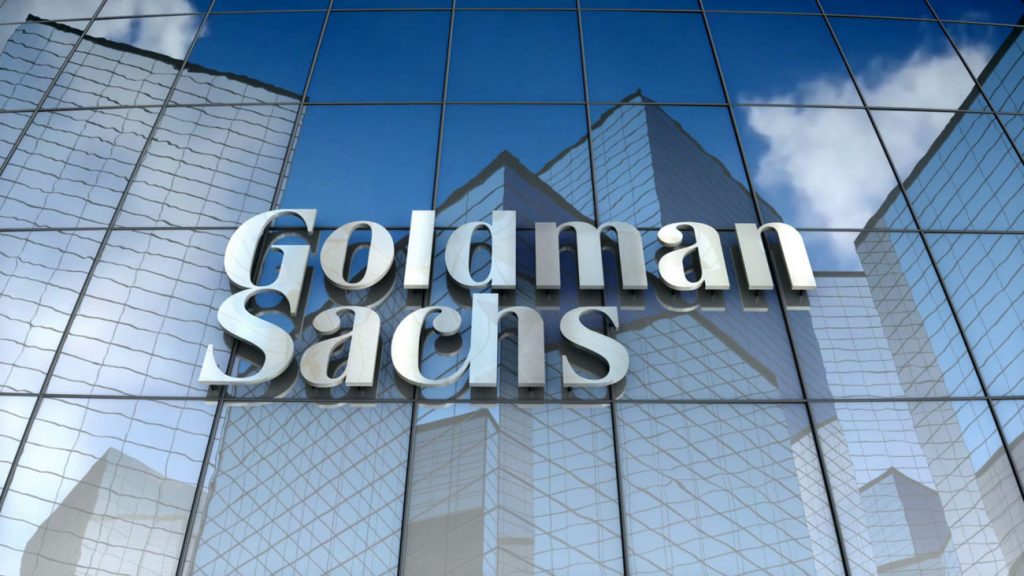
Goldman Sachs Chairman and CEO David Solomon told CNBC on Tuesday that he’s concerned about the intense demand from retail investors in recent initial public offerings.
“I do think we’re in a moment in time where there’s a lot of euphoria. I personally am concerned about that,” Solomon said on “Squawk Box.” “I don’t think in the long run that’s healthy. I think it will rebalance over time, as it always does.”
Solomon’s comment comes after the market debuts last week of DoorDash and Airbnb, both of which saw major spikes in their share prices after they began trading.
DoorDash closed its first trading day Wednesday higher by more than 85%. Goldman Sachs and JPMorgan were the lead underwriters for the food delivery app’s IPO. Airbnb soared more than 112% the following day. Morgan Stanley and Goldman Sachs were lead underwriters for the home-rental platform’s offering.
“I think a bunch of these are great business, but obviously the market at the moment is pricing in perfection execution and enormous growth for a very long period of time,” Solomon said.
Solomon isn’t the only one to express concern about the first-day price action for newly public companies. On Friday, CNBC’s Jim Cramer criticized investment banks for not appropriately factoring in the “new cohort” of younger investors as they priced IPOs. “I don’t want to say that the market is broken, but the process of how we’re doing these deals is definitely broken,” the “Mad Money” host said.
Solomon defended the process of pricing IPOs, saying the investment bank has developed a “much more transparent” system that allows companies to obtain real-time information on market demand. Airbnb used this new method, he added.
“I think one of the things that’s not well understood is the companies themselves are choosing their investors in the context of this. They have much better transparency than they would have had five or 10 years ago about the choices they want to make around this,” Solomon said. “But despite making those choices, if people are going to come into the after-market and buy the stock and continue to run the stock price up, that’s something that’s very, very hard to control and very hard to think about.”
Cramer said the retail participation in IPOs reminded him of the dot-com boom around the run of the century. Solomon also referenced that market era, but suggested there were notable differences now.
“If you wanted to buy a stock back then, you had to go and open up a brokerage account. You had to sign papers directly. Technology enables and it makes it a lot easier and it broadens participation,” he said.
Despite his “euphoria” concerns, Solomon, whose company makes money helping companies go public, told CNBC on Tuesday: “There’s a lot of great companies that really have extraordinary growth prospects that are going to continue to come to market.”





























